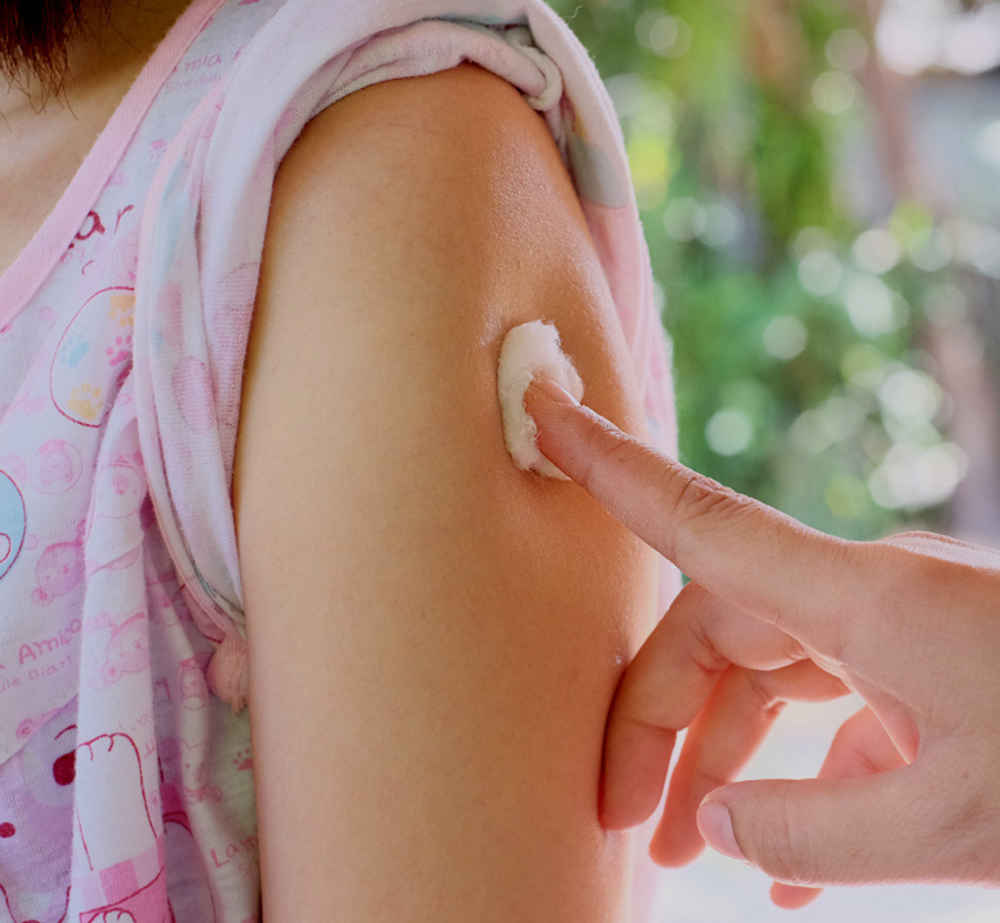410-721-2273
Zika Virus
What is the Zika virus?
Zika is a virus spread person to person by infected mosquitoes. A mosquito can only become infected if it bites a person who is already infected with the Zika virus. Mosquitoes that carry the virus are usually aggressive during the day, but can bite at night as well. Zika can also be spread via sexual contact with an infected partner, from a pregnant woman to her fetus, and through blood transfusions. After an individual has been infected with the virus, he or she is immune to the Zika virus.
What are the symptoms?
- Mild, if any at all, and can last from a few days to a week
- Rash
- Fever
- Red eyes
- Headaches
- Muscle and/or joint pain
What are the signs and results of the illness?
- Infections in most individuals is mild and usually does not involve complications
- Can be serious in pregnant women
- Linked to multiple poor pregnancy outcomes including microcephaly (abnormally small size of a newborn’s head due to lack of a completely developed brain) and Guilliain-Barrè Syndrome (disorder in which the body’s immune system attacks the nerves)
What kind of protection can I take?
- Dress appropriately including light-colored, loose fitting clothing, long-sleeved shirts, and long pants
- Use an Environmental Protection Agency (EPA)-approved insect repellent containing permethrin, DEET, picaridin, or oil of lemon eucalyptus (avoid using on children under the age of 3)
- Treat items, such as boots, pants, socks, and tents, with repellent or buy permethrin-treated clothing and gear
- Use screens on windows and doors, and repair any holes
- Use air conditioning when available
- Once a week, empty and scrub, turn over, cover, or throw out items that hold water (where mosquitoes lay eggs), such as tires, buckets, planters, toys, pools, birdbaths, flowerpots, and trash containers
- Use condoms and other barriers to reduce the chance of getting infected from sexual intercourse
- Pregnant women should not travel to areas with Zika, while women planning to get pregnant should discuss any travel plans with their healthcare provider
Where is Zika found?
- Outbreaks are primarily in foreign countries and territories but are starting to occur in the United States
- Zika in Maryland has only been travel-related cases, meaning no mosquitoes here have been found to have the virus
For more information, download the following PDF sheets:
Women who are pregnant or planning to become pregnant can view the video below, courtesy of the Centers for Disease Control and Prevention and the Maryland Department of Health and Mental Hygiene.
You May Also Like
Popular Resources | Make an Appointment • Locations • Refill Prescriptions





